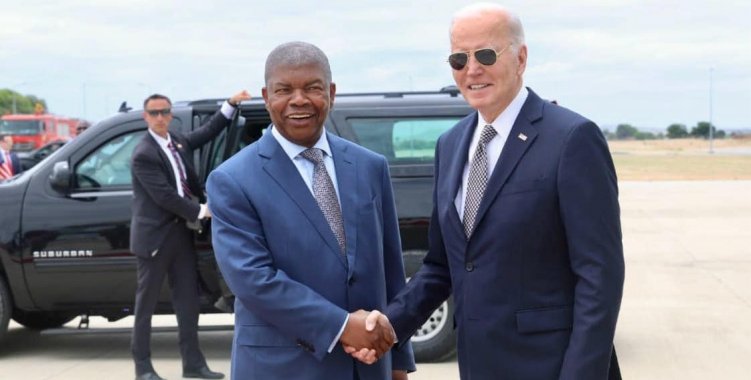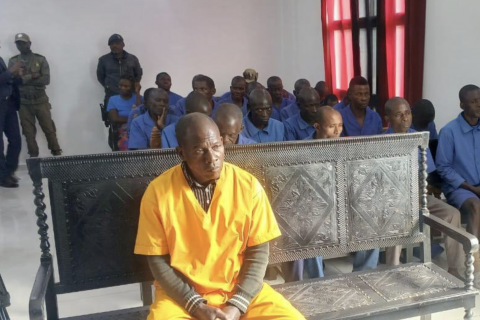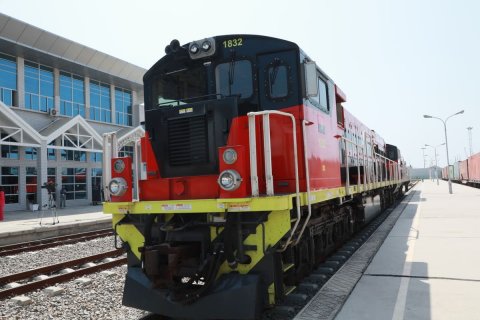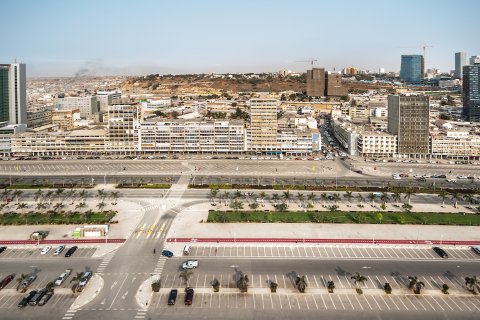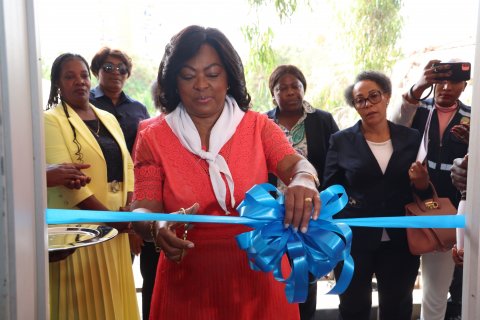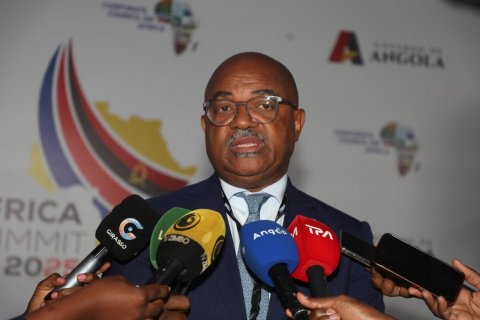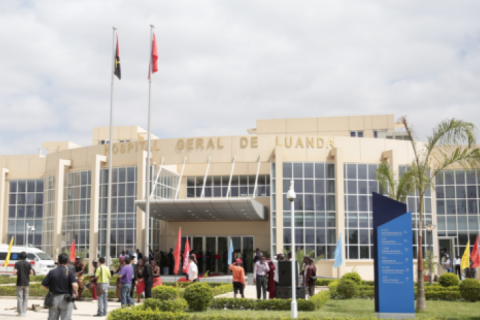"Angola functions as a factor in projecting American soft-power in Central and Southern Africa and also in the Gulf of Guinea, guaranteeing the defense of Western interests on the continent, separated from a neocolonial perspective", which has a "profound strategic impact".
"It is about guaranteeing access to the African hinterland, maintaining its stability and the security of maritime routes, and avoiding complete Chinese and Russian domination of Africa", concludes the group of academics in a report to which Lusa had access this Monday.
During US President Joe Biden's visit to Angola last week, the head of state, João Lourenço, said he would like "to see increased cooperation in the Defense and Security sector", particularly in military training in Angola, with joint military exercises, "cooperate more in maritime security programs to protect the Gulf of Guinea and the South Atlantic, as well as in the re-equipment and modernization program of the Angolan Armed Forces", says the document from the group of academics.
This Cedesa report, with the title "Biden in Angola: after goodbye. Directions and prospects for Angola-USA relations", follows the three-day visit of the North American President, Joe Biden, to Angola, scheduled, among other announcements, for an increase in investment from the United States for the Corredor do Lobinho, by another 600 million dollars.
The 600 million dollars will add to the more than three billion dollars allocated so far by Washington to projects linked to the Lobito Corridor, a railway infrastructure that connects Angola to the mineral areas of the Democratic Republic of Congo (DRC) and Zambia seen as a affirm US ambitions against China on the African continent.
According to Cedesa's analysis, the United States and Angola have been strengthening their defense ties through strategic initiatives and joint programs aimed at "strengthening Angola's ability to maintain stability within its borders and contribute to regional peace".
Therefore, in that entity's opinion, after Biden's visit, "the country becomes an indispensable partner in promoting regional security and addressing global challenges, from maritime security to combating transnational crime".
Thus, he recalls in the document that, recently, in June 2024, there was the inaugural meeting of the Joint Angolan-US Defense Cooperation Committee (DEFCOM), which marked "a significant advance", with the two countries signing an agreement to exchange of goods and logistical services between its militaries, collaborating in critical areas such as peacekeeping, cyber defense, engineering and development of Angola's nascent coast guard.
In September 2024, Angola joined the US Department of Defense's State Partnership Program (SPP), "further integrating its military efforts with those of the United States", it also indicates.
Cedesa considers that by adhering to these programs, "Angola is not only strengthening its national defense, but also becoming a model of security in sub-Saharan Africa", as well as the country's "strategic role" in promoting an Atlantic region safe and prosperous".

